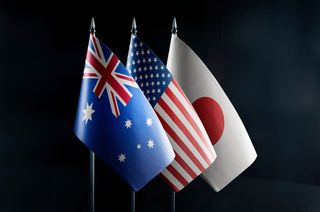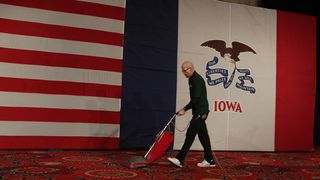Steven J. Ross told an important story that has escaped public attention: the emergence of Hollywood as a vital centre of political life and the important role that movie stars have played in shaping the course of American politics.
Ever since the film industry relocated to Hollywood early in the twentieth century, it has had an outsized influence on American politics. Through compelling larger-than-life figures in American cinema–Charlie Chaplin, Louis B. Mayer, Edward G. Robinson, George Murphy, Ronald Reagan, Harry Belafonte, Jane Fonda, Charlton Heston, Warren Beatty, and Arnold Schwarzenegger– Ross reveals how Hollywood's engagement in politics has been longer, deeper, and more varied than most people would imagine. The Left and the Right each gained ascendancy in Tinseltown at different times. From Chaplin, whose movies almost always displayed his leftist convictions, to Schwarzenegger's nearly seamless transition from action blockbusters to the California governor's mansion, Ross traces the intersection of Hollywood and political activism from the early twentieth century to the present.
Ross challenges the commonly held belief that Hollywood has always been a bastion of liberalism. The real story is far more complicated. First, Hollywood has a longer history of conservatism than liberalism. Second, and most surprising, while the Hollywood Left was usually more vocal and visible, the Right had a greater impact on American political life, capturing a senate seat (Murphy), a governorship (Schwarzenegger), and the ultimate achievement, the Presidency (Reagan).
This was a co-presentation by Sydney Ideas and the US Studies Centre at the University of Sydney. Steven J. Ross was a Visiting Professor at the US Studies Centre.






